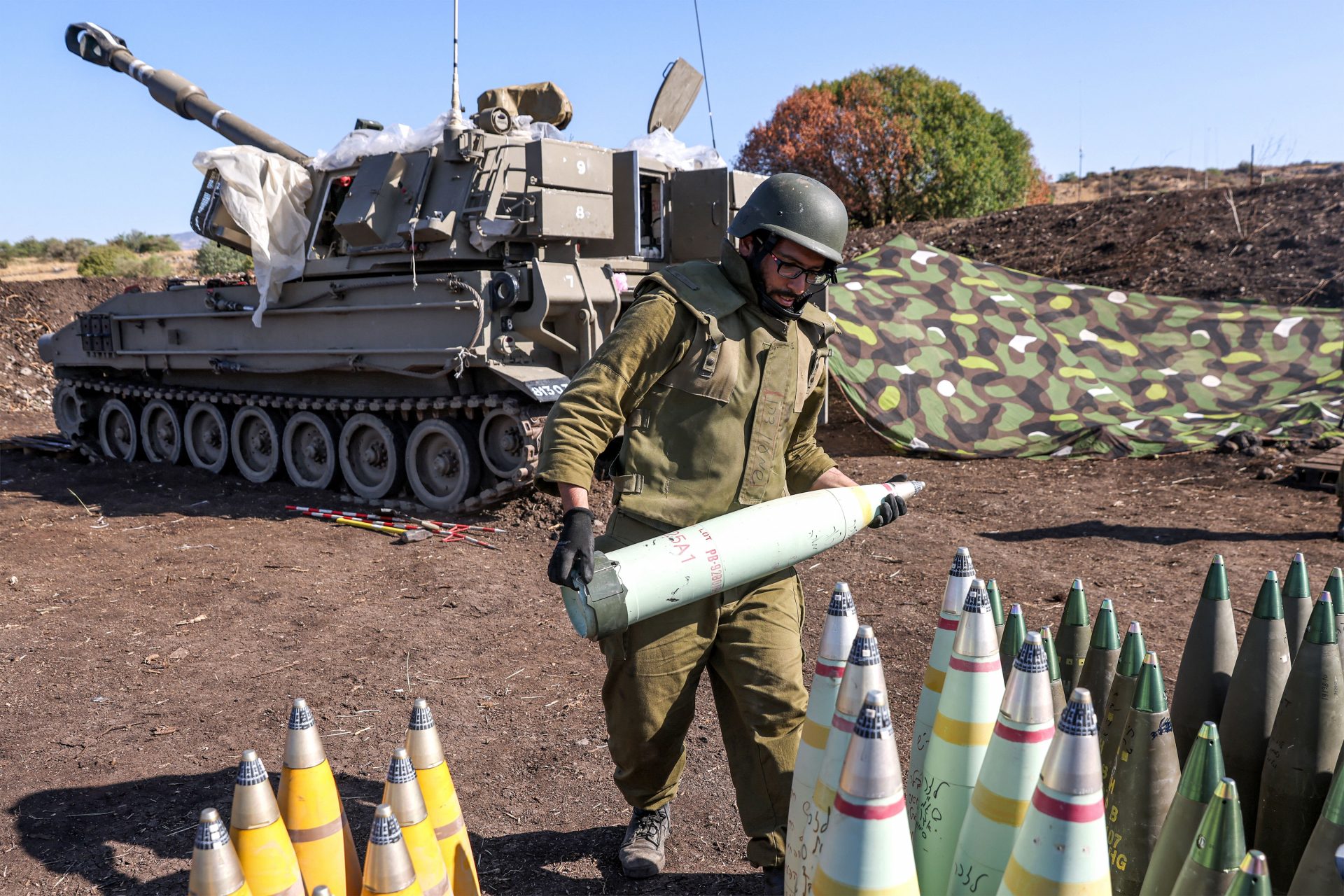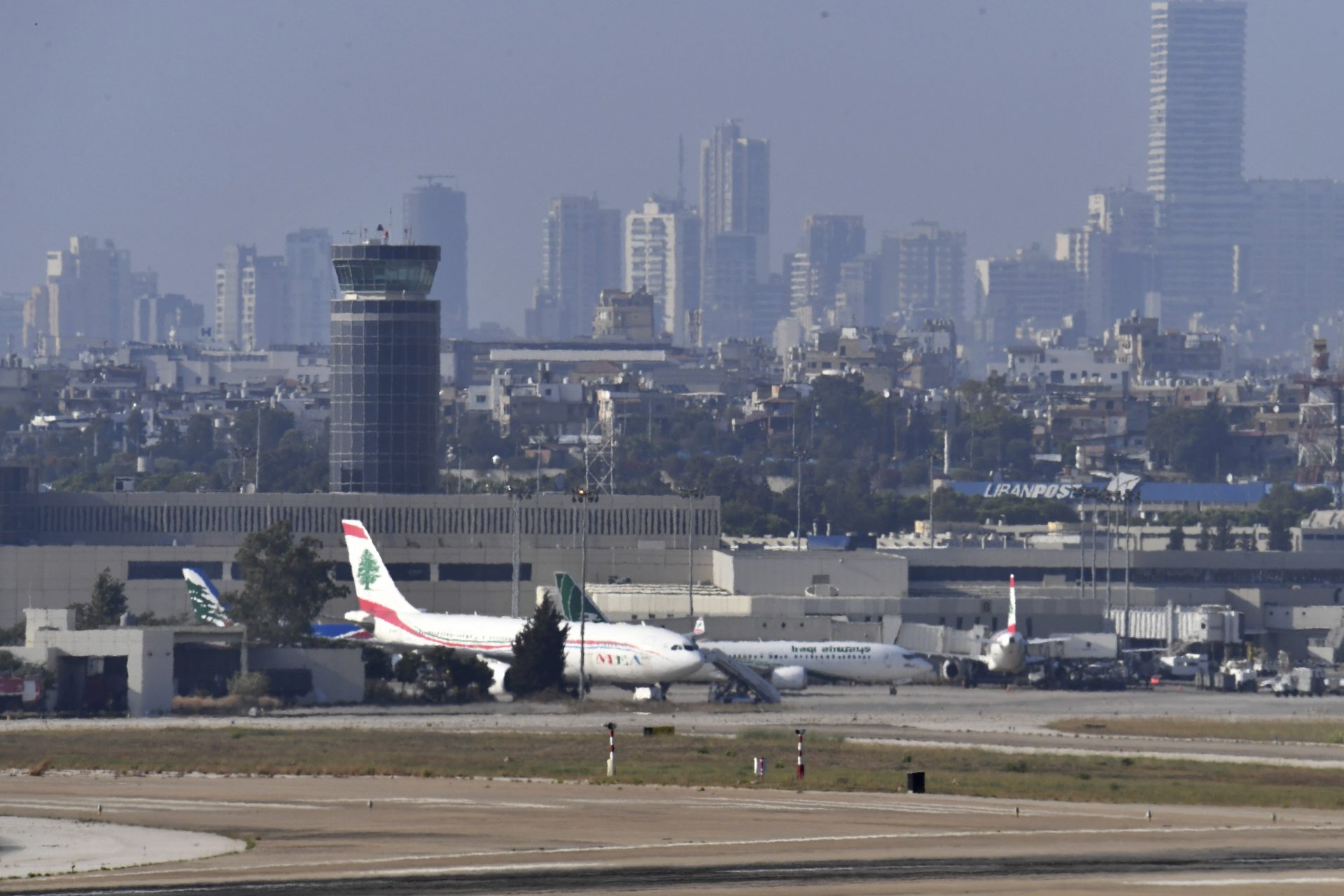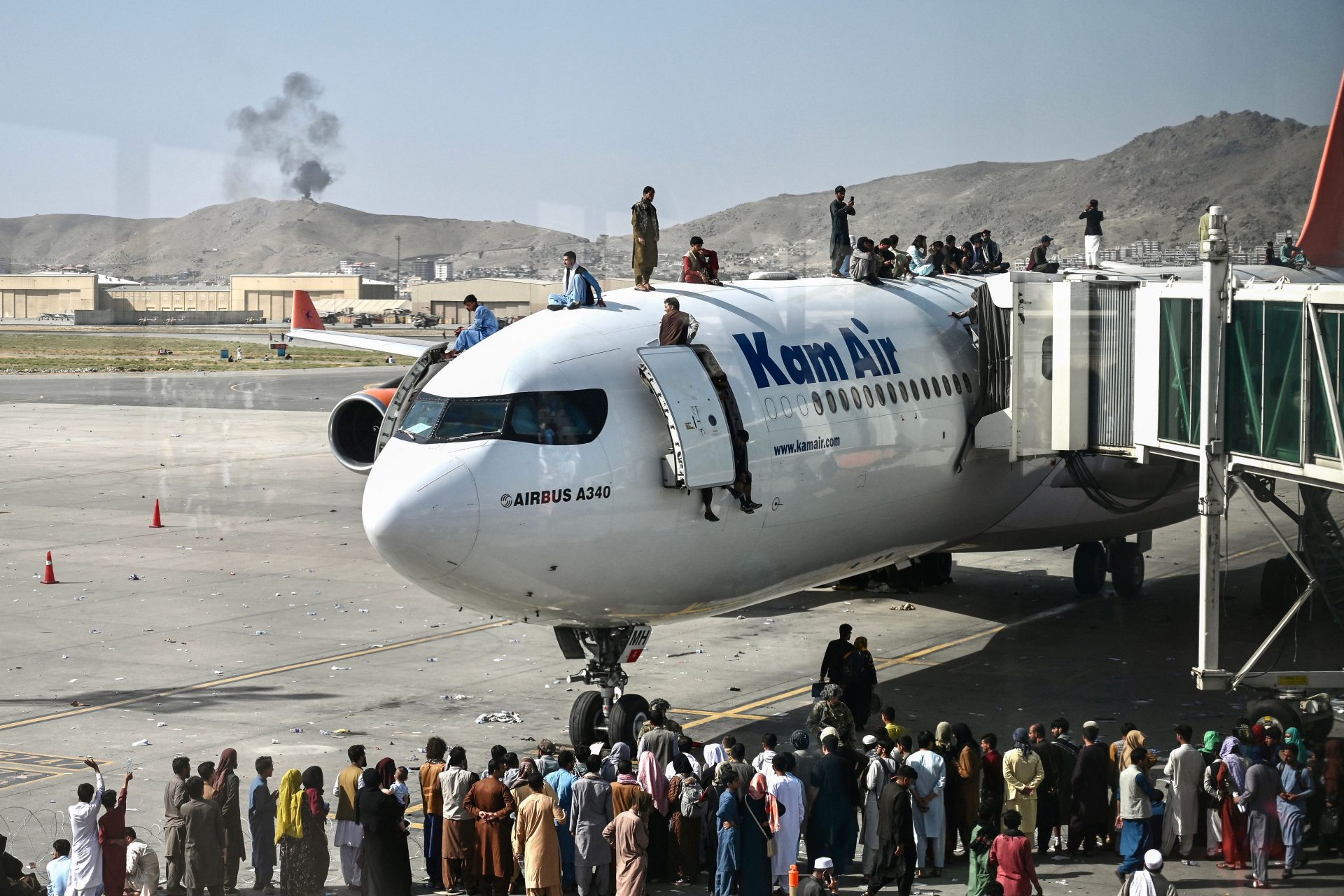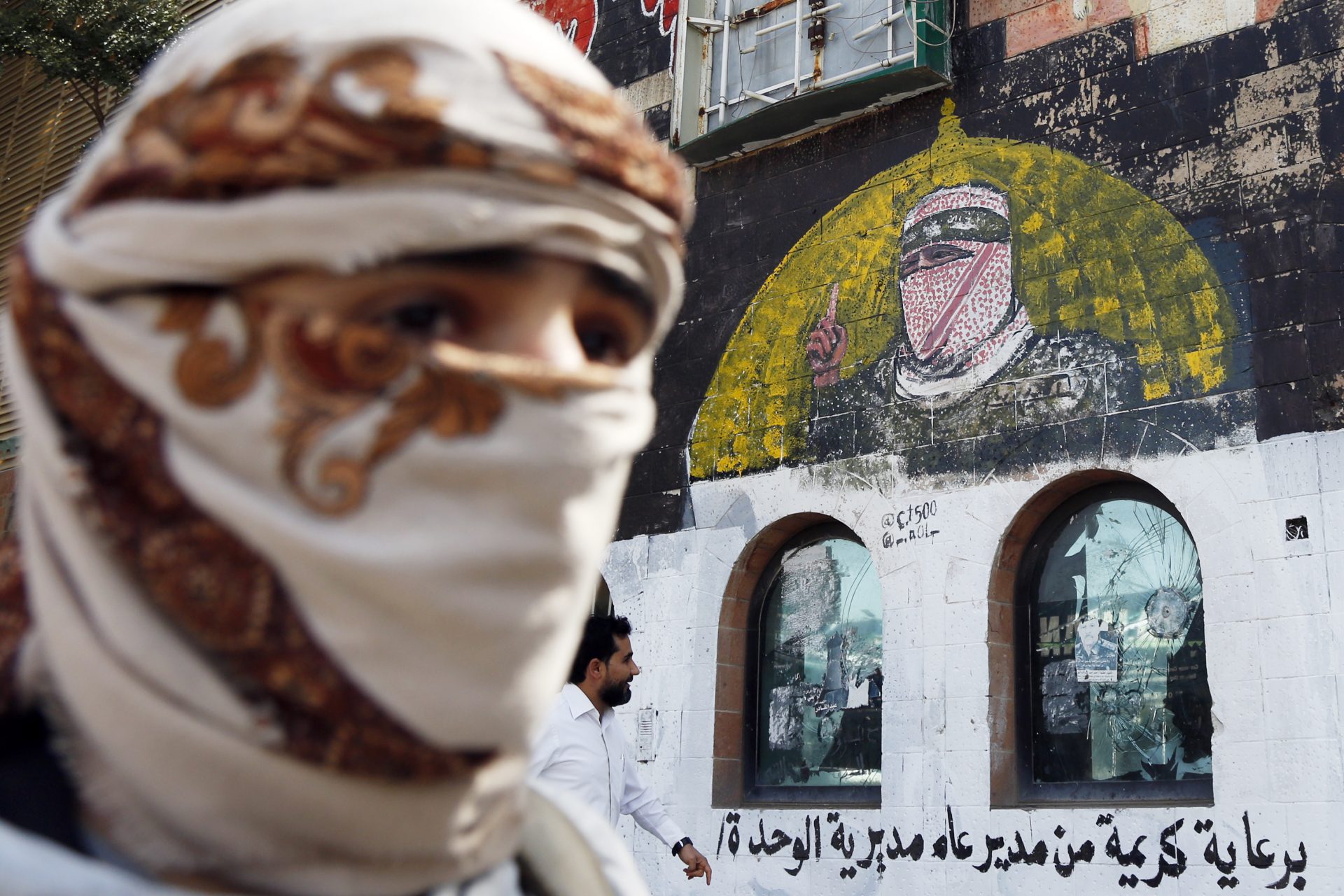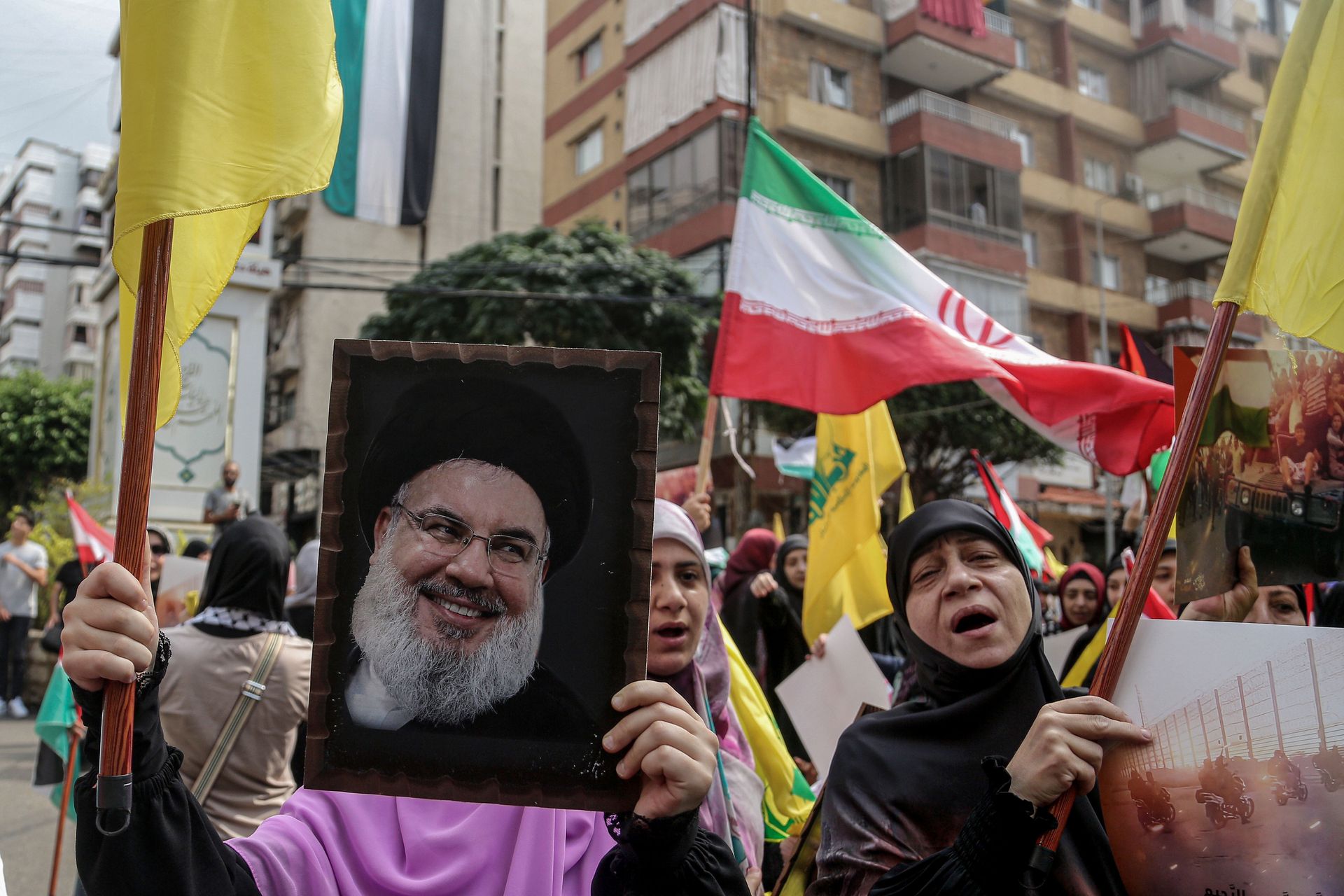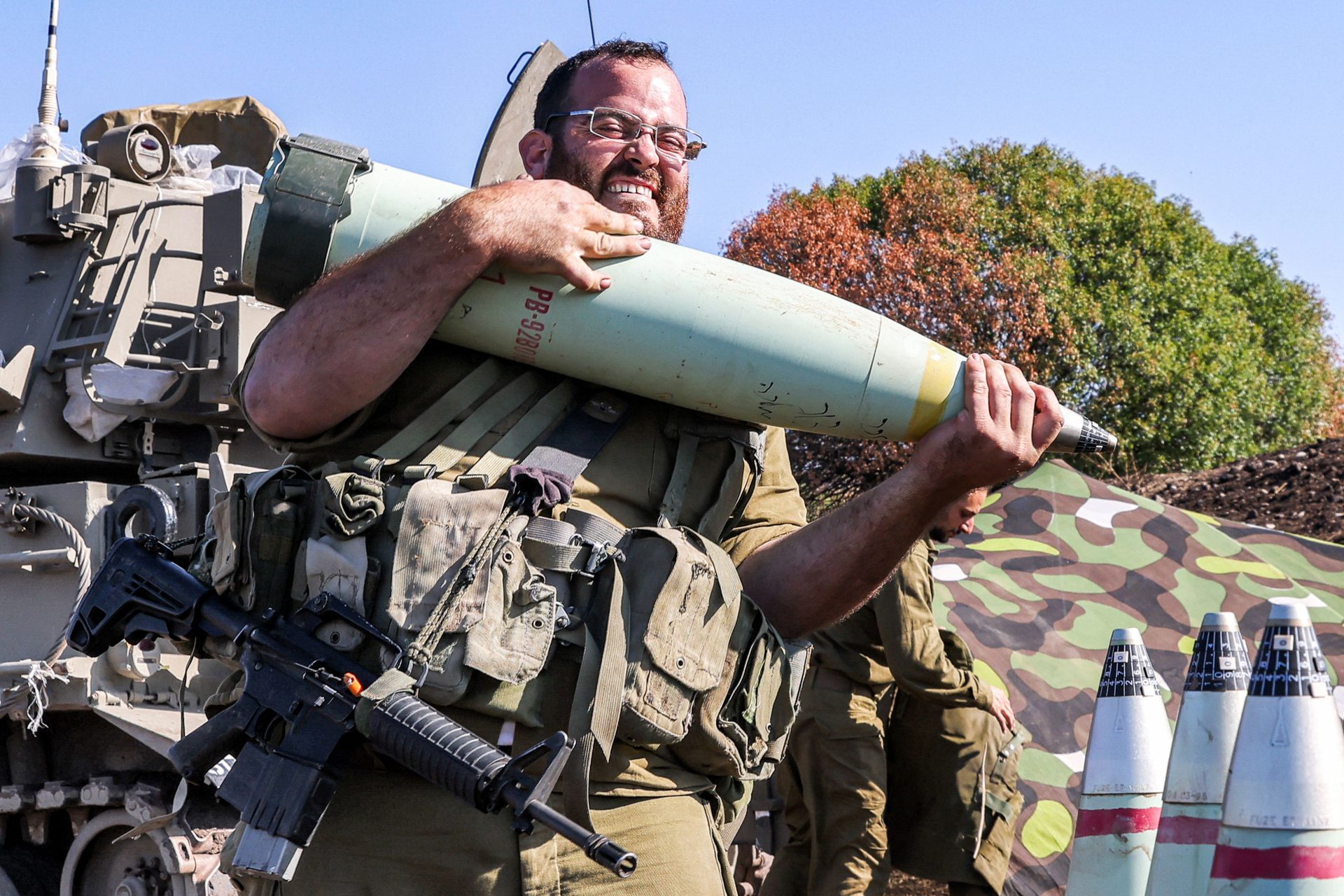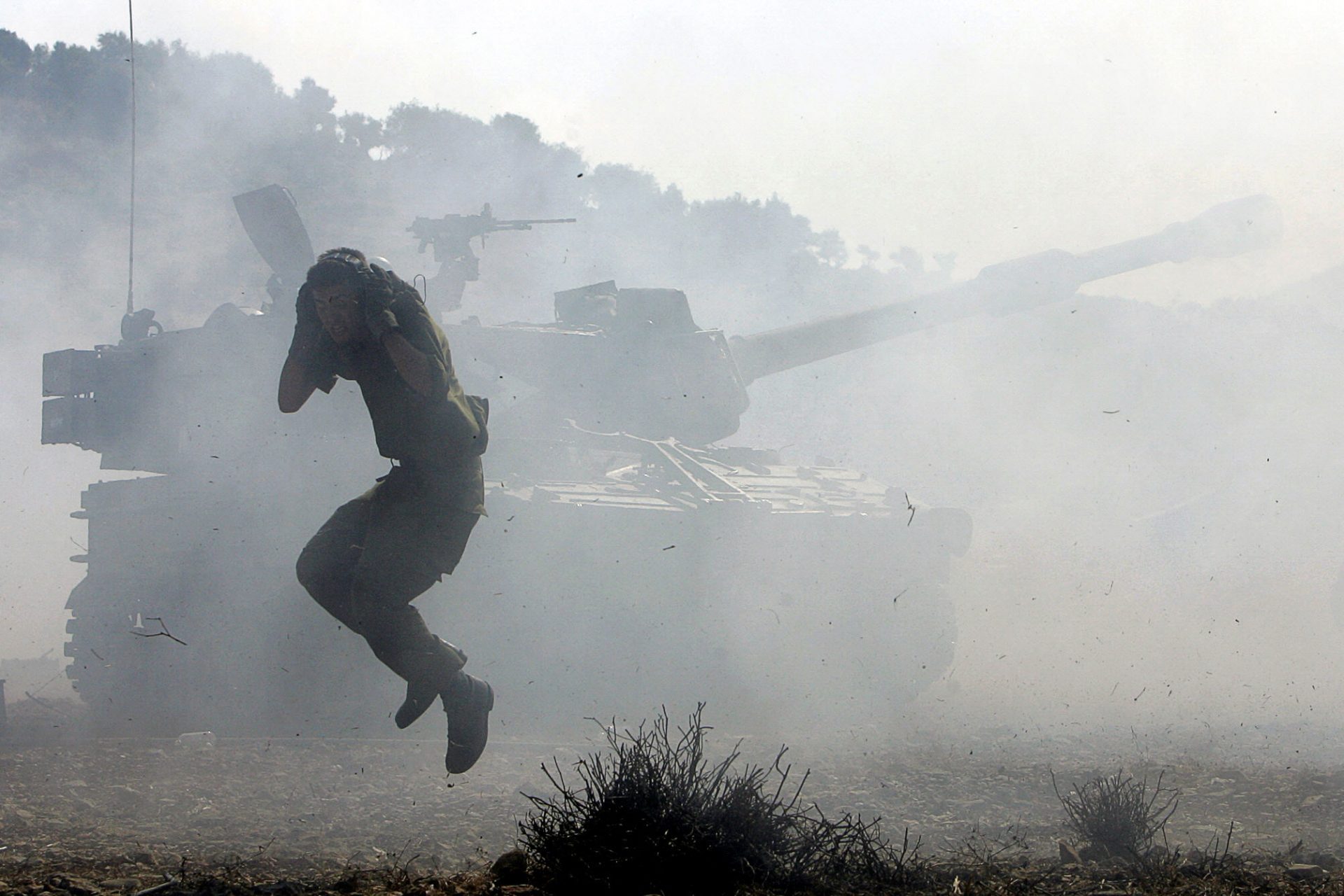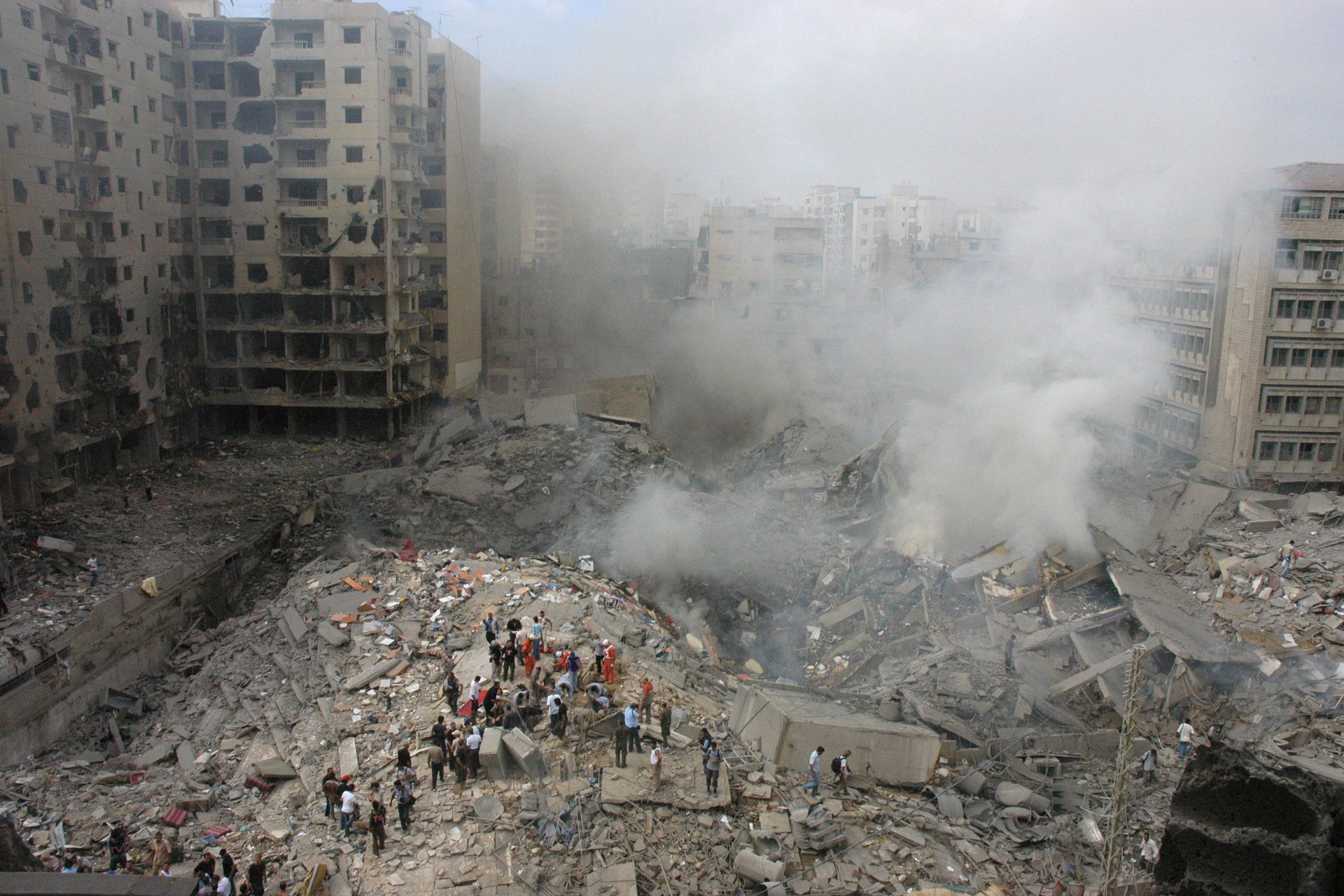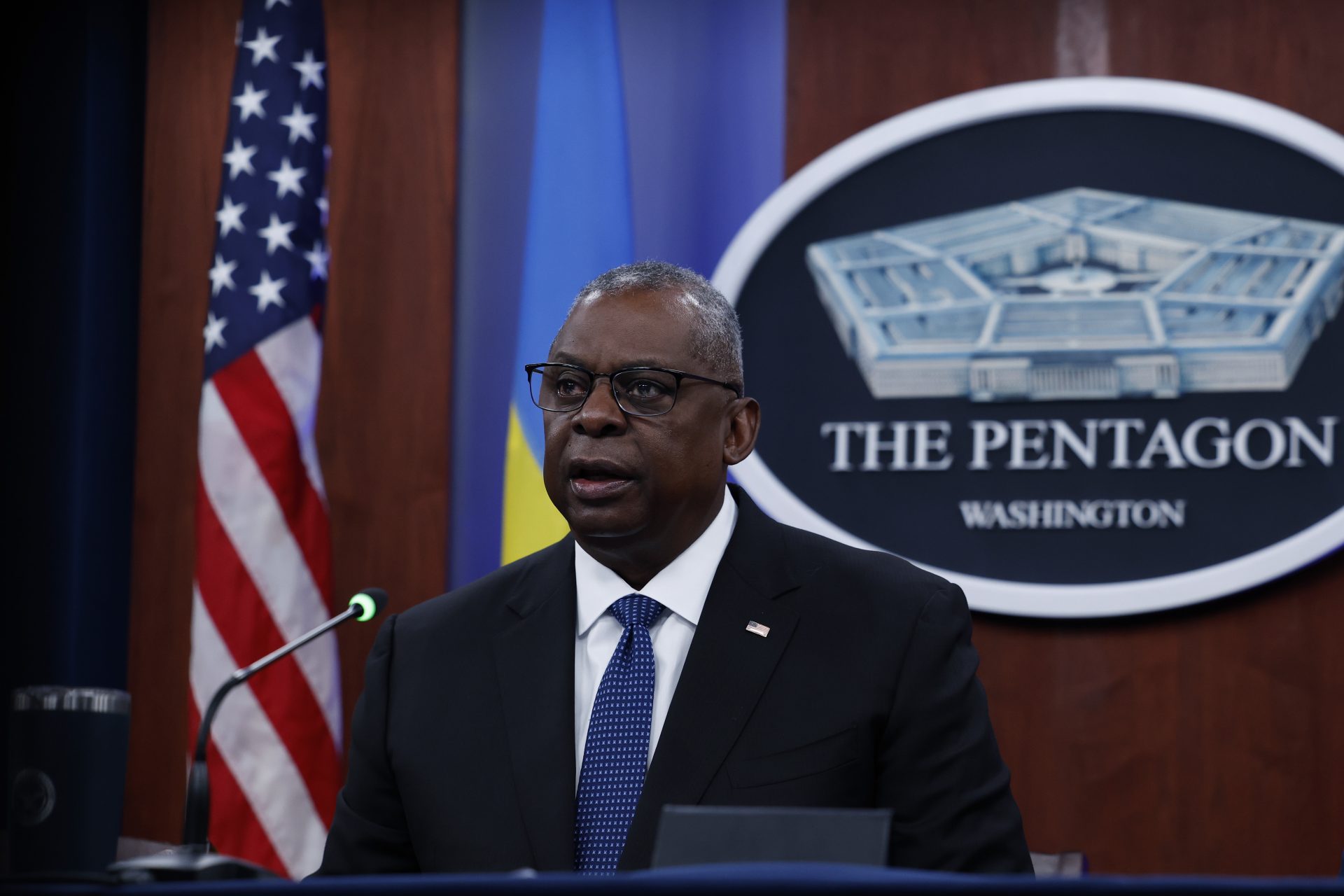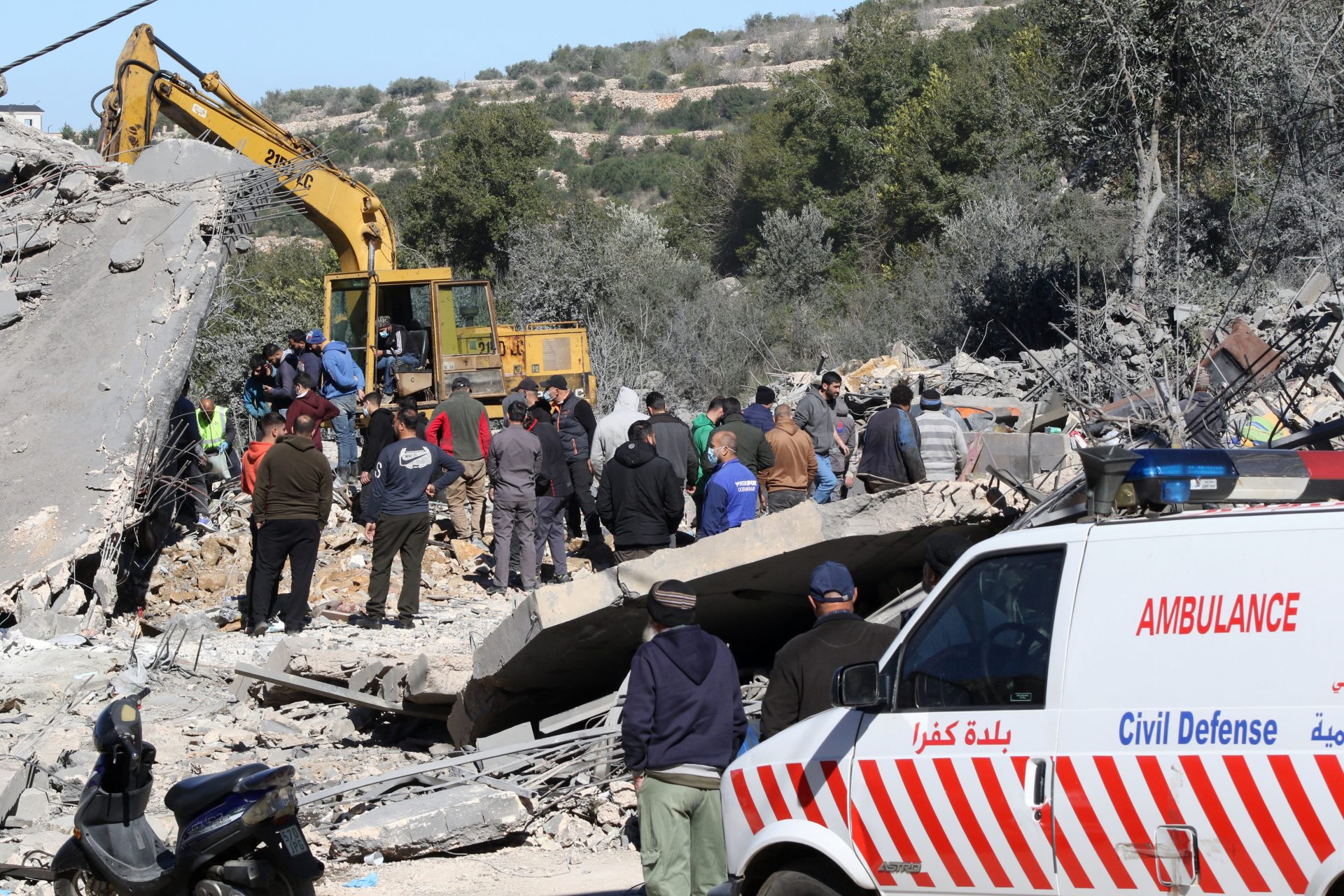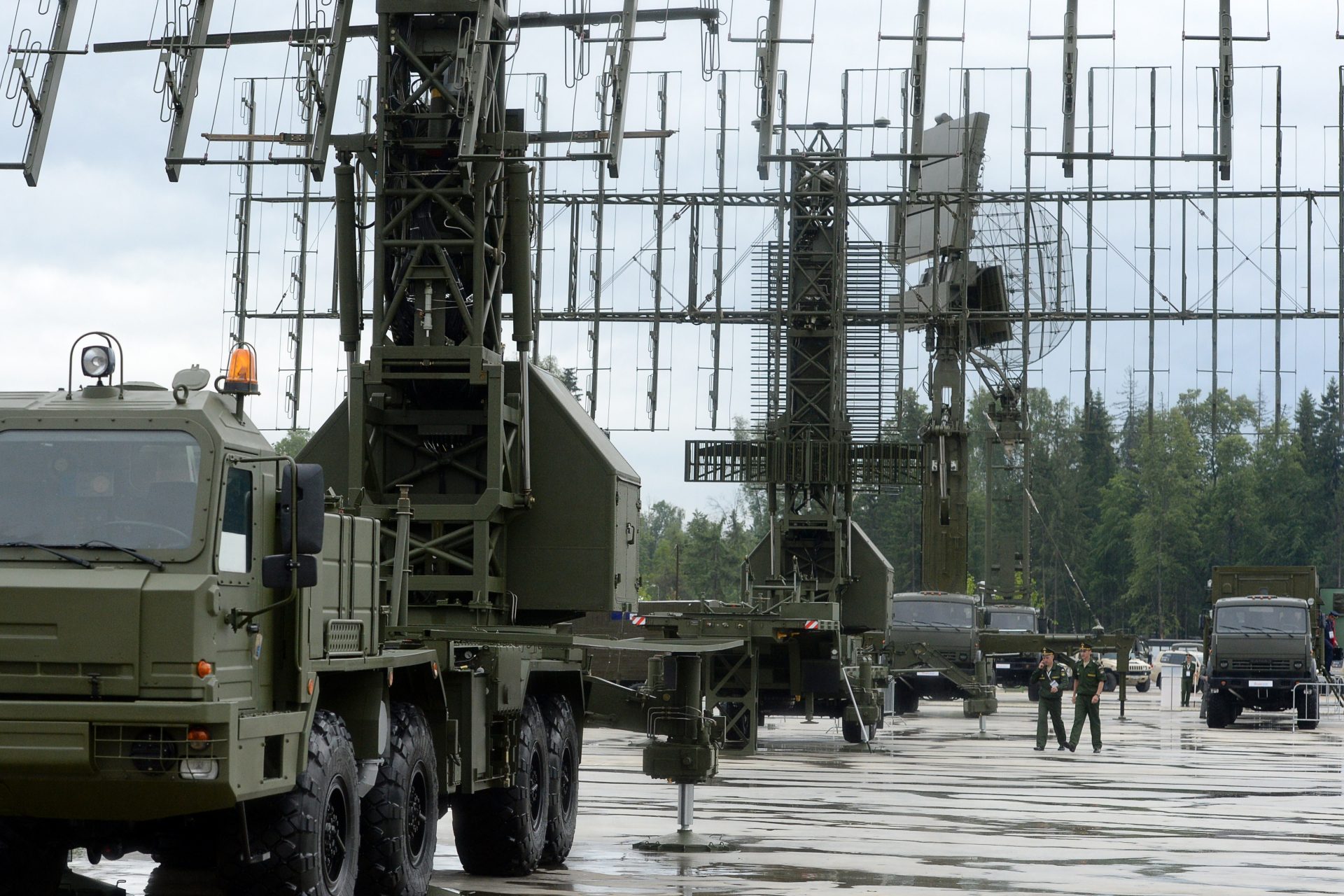‘Leave Lebanon now,’ several nations tell citizens amid fears of full-scale war
Canada, Germany the Netherlands have urged all of their citizens to leave Lebanon this week, over fears that war could break out between the Lebanese militia Hezbollah and I s r a e l.
The Canadian government was the first of the three to issue the warning. Minister of Foreign Affairs Melanie Joly issued a statement saying: “The security situation in Lebanon is becoming increasingly volatile and unpredictable due to sustained and escalating violence… could deteriorate further without warning.”
The Canadian government emphasized that they have been urging people to avoid travel to the region since October, but for those currently there they had a stark warning: “it is time to leave, while commercial flights remain available.”
The German Foreign Ministry echoed the statement, saying a further escalation could “lead to a complete suspension of air traffic from Rafiq Hariri Airport. Leaving Lebanon by air would then no longer be possible.”
Although rockets have been fired across the tense border on a daily basis since Oct.8, the German government warns that the violence could spill over to larger areas, particularly the southern region and even to the nation’s capital. The southern urban areas of Beirut, and the Bekaa Valley, including the Baalbek-Hermel district, are at high risk, according to the German travel advisory.
The Netherlands' travel warning was in line with the others, but in a post on X, the country’s foreign ministry highlighted that it’s better to leave while it’s still safe, as the Dutch Embassy may not be able to help those in trouble if the situation deteriorates.
Even nations closer to the conflict zone are worried about what could happen to their citizens if war breaks out in Lebanon. Kuwait was the first nation to do so, telling its citizens to leave as soon as possible. From there, North Macedonia in Eastern Europe issued a similar warning.
While many nations have been advising against travel to Lebanon since the war broke out in the Middle East, tensions have been increasing between the armed group Hezbollah and T e l A v i v.
Prime Minister Benjamin Netanyahu told media that his government is preparing for a very tense operation near the Lebanon border to restore security to the area. Later, Defense Minister Yoav Gallant told reporters that his nation was preparing for “every scenario,” and warned that it is capable of taking “Lebanon back to the Stone Age,” although it does not want war.
Meanwhile, Hezbollah chief Hassan Nasrallah has also threatened a war with “no restraint and no rules and no ceilings” in case of a major I s r a e l i offensive against Lebanon, according to Al Jazeera.
Hezbollah is considered to be among the most heavily armed non-state groups in the world, according to CNBC — 10 times more powerful than Hamas. It is a Shia Islamist ally of Syria and Hamas and is designated as a terrorist organization by many countries. It also has a political wing and controls several media outlets in Lebanon.
The outgoing United Nations humanitarian chief Martin Griffiths told reporters in Geneva that the escalation with Lebanon could be “potentially apocalyptic,” saying it would draw in Syria and others.
In 2006, a deadly conflict broke out suddenly in July between the two countries, killing around 120 soldiers and 44 civilians from I s r a e l. Around 1,200 people in Lebanon were killed, including around 250 from Hezbollah. It lasted 34 days until a UN-brokered ceasefire.
But Hezbollah has gotten far more powerful. Miri Eisin, a retired colonel and counter-terrorism academic, told The National that this time around, the death toll on both sides could be dramatically higher, as could the sheer destruction to infrastructure. “In 2024 they could fire in one day, literally, 10,000 different projectiles, mortars, missiles and rockets, drones,” she said, refering to Hezbollah. "They're going to fire all over the place, and most of them we'll intercept. But... the ones that are going to get through are going to kill a lot."
Meanwhile, several countries have stepped up their diplomatic efforts with both parties. “Diplomacy is by far the best way to prevent more escalation. So we’re urgently seeking a diplomatic agreement that restores lasting calm to I s r a e l ’s northern border and enables civilians to return safely to their homes on both sides of the border,” United States Defense Secretary Lloyd Austin told reporters after meeting with his counterpart from Jerusalem.
The two parties have been engaged in hostilities since last fall. The Lebanese Health Ministry said at least 435 people have been killed and more than 90,000 people have been displaced by I s r a e l i attacks on the border since Oct. 8. On the other side, the Times of I s r a e l reported 10 civilians and 15 Defense forces have been killed and Reuters says around 60,000 have been forced to leave their homes already.
More for you
Top Stories




